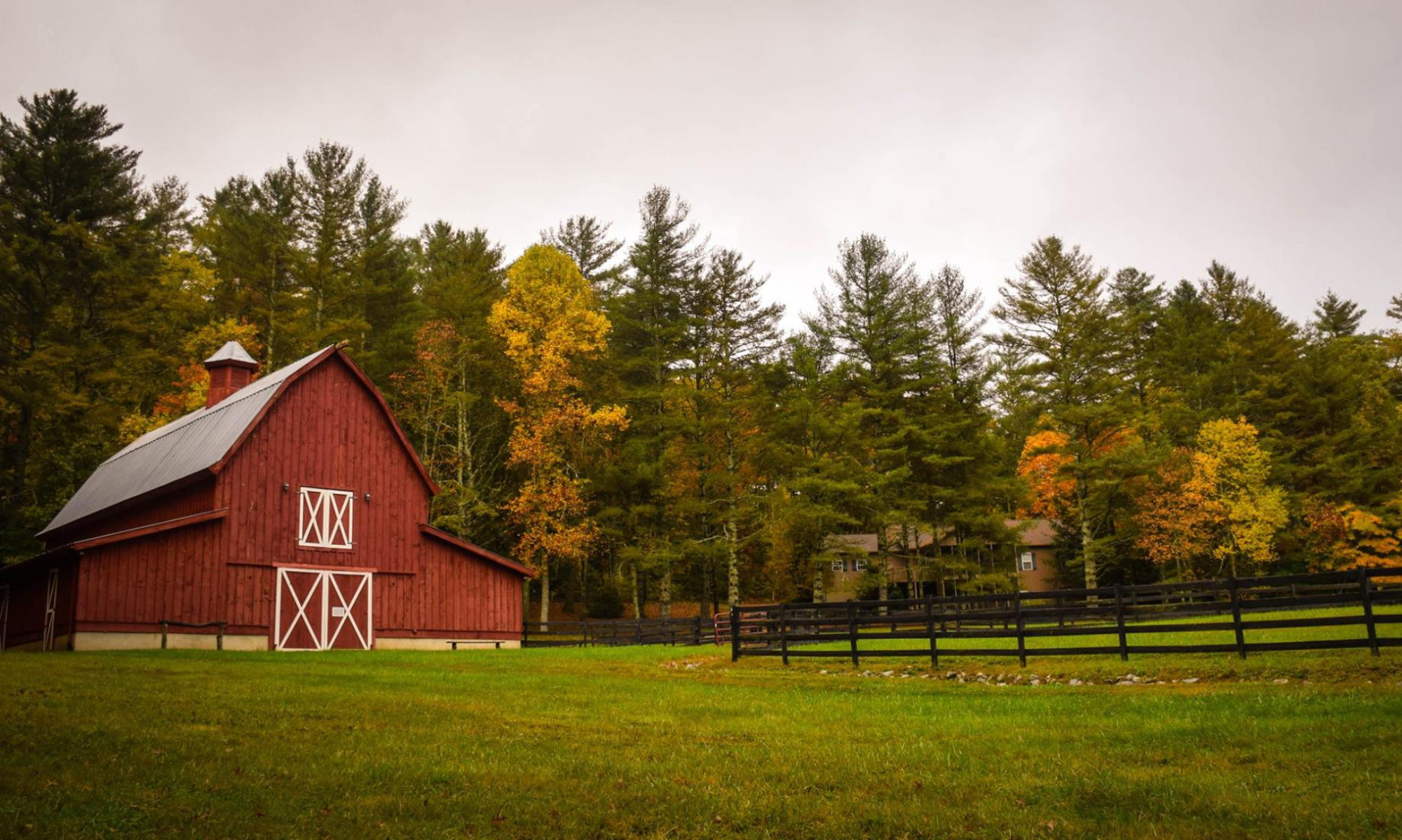Long time readers know I’m no fan of corporate behemoths, and have no confidence in the idea that what a rural community needs to prosper is another Wal Mart, another large livestock facility, or a corporate dump.
For similar reasons, I don’t put much faith in Whole Foods’ recent promise to do more to support local farmers – an effort that would only slow the trend to corporatize the natural food market, not stop it. This week we got another reason to think Whole Foods will not be inclined to crusade for justice on any front as long as CEO John Mackey is in charge.
By now you’ve probably heard, Whole Foods CEO, John Mackey, spent much of the last two years posting anonymous diatribes online in an ongoing effort to paint his chief competitor, Wild Oats, in a negative light. Read the original story at the Wall Street Journal.
I want to draw attention to one of Mackey’s posts in particular – the one in which he talks of his love for Wal Mart, his disdain for labor unions, and his apparent dislike for anyone who might claim to be a victim of sexual or racial discrimination. Mackey writes:
Wal-Mart was just named the most admired company in America (also by Fortune Magazine — that magazine which obviously hates “working people”). I probably admire Wal-Mart more than any other company in the world (except for maybe Whole Foods!). What a great, great company! Wal-Mart has single handedly driven down retail prices across America. They have improved the standard of living for millions and millions of American people. Also Wal-Mart is crushing the parasitical unions across America. I love Wal-Mart! Damn straight that they should be on this list. Sexual discrimination lawsuits? Sexual harrassment lawsuits? Racial discrimination lawsuits? What company doesn’t have those? The Trial Lawyers (the richest professional class in the United States and the largest contributors to the Democratic Party — even bigger than labor unions which are #2) sue Wal-Mart. They sue Whole Foods Market. They sue every business which makes any money. They are probably even a bigger threat to our country than labor unions are (if that is possible?).
For Mackey, an interest in the all-mighty dollar trumps workers rights and pesky discrimination lawsuits. Mackey’s love for Wal Mart, which relies on boatloads of imported merchandise, legions of poverty-stricken workers, and clear anti-competitive practices, leaves one wondering.
Just how serious can Whole Foods possibly be about helping small, local farmers?
Hat tip: Tom Philpott at Gristmill
